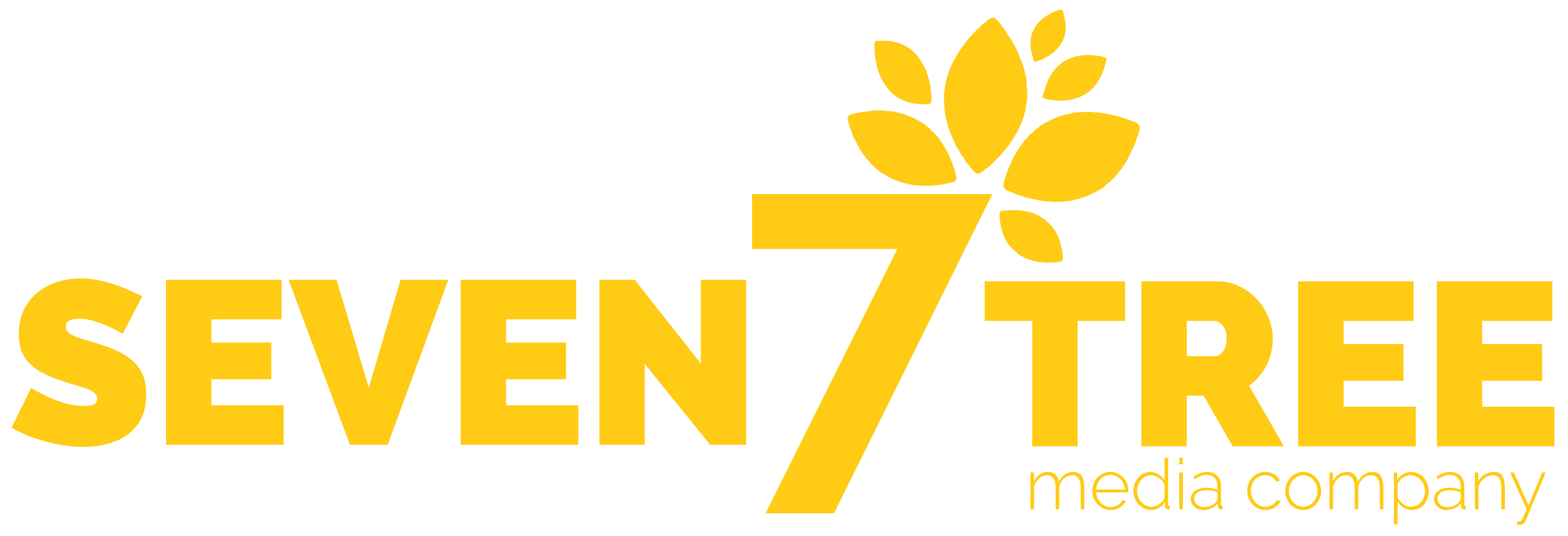Law firm client relationship management isn’t just a buzz phrase; it’s a critical function in how successful practices grow, scale, and build lasting loyalty. Building trust in a law firm doesn’t just happen in courtrooms, it happens through every interaction a client has with your team. If you’re not already using a CRM (Customer Relationship Management system) to manage your client connections, case milestones, and follow-ups, then you might be leaving money, and trust, on the table.
In this deep dive, we’ll break down the top 6 CRMs for law firm client relationship management, explore what makes them shine, and tackle the lesser-known ways they can give your firm an edge.
Why CRMs Are the Unsung Heroes of Legal Practice
Before we get into the top contenders, let’s zoom out for a minute. Why is law firm client relationship management so important now?
For one, legal clients are savvier than ever. They expect clear communication, transparency, and timely updates. A CRM can help ensure nothing slips through the cracks. Whether it’s sending a reminder about an upcoming court date or checking in post-resolution, CRMs automate the busywork and free up time to focus on client outcomes.
But it’s not just about reminders. CRMs gather intel. They keep a record of every conversation, every document, and every stage of a case. When you know your client inside and out, you don’t just serve them, you impress them.
So, which tools actually deliver the goods?
#1: GoHighLevel (GHL): The Legal CRM with No Nonsense, Just Results
If you’re tired of bloated tools, tech confusion, or CRMs that promise the moon but leave you stuck in setup purgatory, GoHighLevel (GHL) is the serious answer. Originally designed for marketers, it’s since become one of the most powerful, customizable CRMs for client-focused businesses, including law firms.
Here’s what makes GHL stand out in law firm client relationship management: it doesn’t just manage contacts. It builds full lead pipelines, automated text and email campaigns, workflow triggers, and integrated calendars, all under one roof.
Now, here’s where it gets even better. We are official distributors of GHL, which means we don’t just recommend it, we can personally help you implement it the right way. No fluff, no “figure it out yourself” nonsense. We’ll do the full setup for you and get your system dialed in quickly so you can skip the learning curve and get right to serving clients.
Want our help getting it set up? Contact us directly here.
Prefer to go it alone? You can sign up for GoHighLevel here.
Either way, you’re getting access to one of the strongest tools in the game, with or without our help.
#2: Clio Grow: The Legal CRM That Feels Like a Legal Assistant
Clio Grow isn’t just another CRM. It’s part of Clio’s two-part legal tech powerhouse (Clio Manage being its partner). What makes Clio Grow stand out is how it’s tailored specifically to legal intake and client tracking.
Everything from scheduling consultations to e-signatures is baked into its process. If your firm handles lots of leads, Clio Grow can help you capture, qualify, and convert them, without having to juggle emails and spreadsheets.
Here’s where it really pulls ahead: automation. You can set up workflows that automatically send out emails, request documents, or update your team. It’s the closest thing to having a digital assistant on your team who never sleeps.
#3: Lawmatics: Where Client Journeys Become Client Loyalty
Imagine being able to map every step of your client’s experience, from the first phone call to post-case follow-up, and not missing a beat. That’s what Lawmatics offers. It’s not just a CRM; it’s a full-blown client journey builder.
Unlike some CRMs that focus on simple task reminders, Lawmatics emphasizes automation + client experience. That means onboarding clients faster, keeping communication flowing, and tracking satisfaction long after the final bill.
Many law firms use Lawmatics to send newsletters, follow-up surveys, and even birthday greetings. It’s these little touches that keep your firm top of mind, especially when someone needs legal help again, or wants to refer a friend.
#4: MyCase: All-in-One and Made for Growing Firms
If your firm is scaling up and you need a platform that can handle case management and client communication, MyCase might be your perfect match.
What makes MyCase a favorite among small-to-midsize firms is how user-friendly it is. You get everything in one place: client messaging, billing, document sharing, calendaring, and of course, CRM features.
Where MyCase shines in terms of law firm client relationship management is in its client portal. Clients can log in anytime to see updates, send secure messages, or make payments. That kind of visibility builds trust, and reduces those “just checking in” emails that can clog your inbox.
#5: HubSpot CRM: When You’re Thinking Like a Business, Not Just a Practice
HubSpot might seem like an odd fit for a legal practice at first, after all, it’s a favorite among sales teams and marketers. But that’s exactly what makes it a secret weapon.
In an industry that often treats marketing as an afterthought, HubSpot helps law firms stay front-of-mind with leads through email campaigns, blogs, and client education tools. Plus, it’s free at the base level.
HubSpot’s CRM features allow you to track every touchpoint with a potential client and move them through a defined pipeline. With add-ons, you can also handle scheduling, contracts, and reporting.
For growth-minded firms that want to compete like a brand, not just a business, HubSpot is the silent engine behind a lot of the smartest law firm marketing efforts.
#6: Zoho CRM: For Firms That Like to Tinker and Tailor
Zoho CRM isn’t built for law firms out of the box, but that’s exactly why some firms love it. It’s endlessly customizable. If your practice has unique needs or you’ve got an in-house tech whiz, Zoho gives you the freedom to build your perfect setup.
You can create custom workflows, dashboards, and integrations. Want to automatically assign leads to different paralegals based on area of law? Done. Want to integrate with your phone system to log calls? No problem.
Because Zoho is part of a larger suite, you can expand your tools as you grow, adding project management, email campaigns, and even accounting.
Still, be warned: there’s a learning curve here. Zoho rewards firms willing to invest time into setup, but if you’re looking for plug-and-play simplicity, it might not be your best first choice.
What Features Actually Matter in Legal CRMs?
Now that we’ve covered the stars of the show, let’s take a minute to look at which features are truly non-negotiable if you want to excel in law firm client relationship management.
- Automated intake: Clients shouldn’t have to jump through hoops to get started. A good CRM should collect their info quickly and route them to the right person.
- Client portals: This isn’t just about being fancy, it’s about transparency and trust.
- Integrated communication: Text, email, call logs, all in one place.
- Follow-up workflows: No more forgetting to check in three months after a matter ends.
- Task and appointment reminders: Stay on track. Keep your clients on track.
- Reporting and analytics: Know who’s reaching out, where leads come from, and how long conversion takes.
And here’s the kicker: not every CRM offers all of these out of the box. So depending on your needs, the “best” tool might not be the flashiest, it’s the one that fits your actual daily workflow.
Common CRM Mistakes Law Firms Make (And How to Dodge Them)
Choosing the right CRM is only part of the battle. Many law firms hit bumps when trying to roll one out. These pitfalls can cost you time, money, and even client goodwill if you’re not careful.
One big issue? Not training your staff. A powerful CRM is useless if nobody knows how to use it properly. Don’t assume that everyone will just “get it.” Schedule training, create cheat sheets, and assign a CRM champion in-house.
Another pitfall: Over-customizing too soon. Some firms get lost in the weeds trying to build a perfect system from day one. Focus first on core tasks: intake, communication, and follow-up. Once you’ve got those down, then you can start adding bells and whistles.
Also, don’t ignore integrations. If your CRM doesn’t talk to your calendar, email, or document system, you’re creating more work, not less.
Final Thoughts: CRMs Are the New Corner Office
For a long time, prestige in law was about a great location, a marble lobby, and maybe a sharp suit. But today? It’s about connection. Law firm client relationship management isn’t a nice-to-have, it’s the backbone of a thriving, modern firm.
A great CRM doesn’t just make your life easier. It helps you show up consistently, communicate clearly, and build lasting client relationships.
So whether you’re just getting started or looking to level up, choosing the right CRM is more than a tech choice, it’s a strategy.
Want help getting started with GoHighLevel? Click here to book a setup session.
Prefer to dive in solo? Sign up for GHL here and get 14 days free!
Key Takeaways
- Law firm client relationship management is crucial for trust, loyalty, and growth.
- GoHighLevel offers a streamlined, customizable experience, plus free setup if you contact us.
- Other top CRMs like Clio Grow, Lawmatics, MyCase, HubSpot, and Zoho each have their own strengths depending on your needs.
- Focus on features like automation, portals, and integrations to improve client experience.
- Avoid common CRM rollout mistakes by training your team and starting with essentials.

